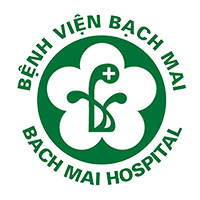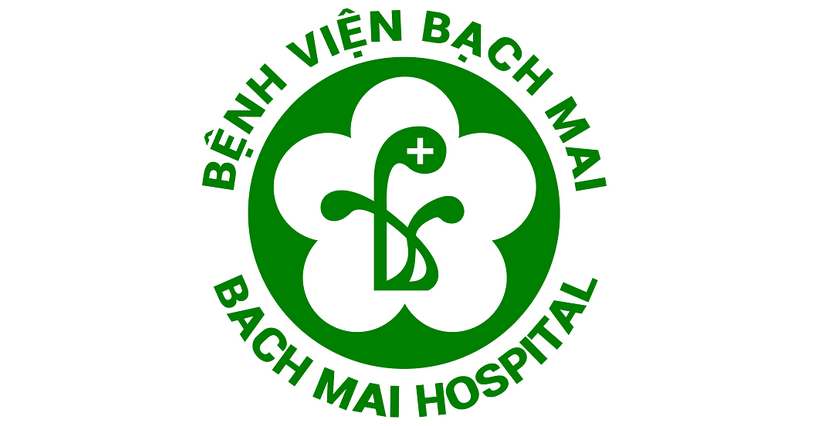Bệnh viện bạch mai * Bach Mai Hospital
Tạp chí Y học lâm sàng * Journal of Clinical Medicine
Website : www.jocm.vn Email : jocm@bachmai.edu.vn Phone : +84947040855
A narrative review of clinical management of Clostridium difficile in hospital setting
- Mã bài báo : EN0701
- Ngày xuất bản : 29/04/2021
- Số trang : 03-14
- Tác giả : Nguyen Thi Huong Giang
- Lượt xem : ( 834 )
https://doi.org/10.52322/jocmbmh.07.en.01
ABSTRACT
Clostridium difficile is a Gram-positive, strictly anaerobic, spore-forming bacteria that produces a range of presentation from mild, self-limiting diarrhea to life-threatening fulminant colitis, which can end in death. In recent years, Clostridium difficile has become a serious healthcare-associated infection (HAI) worldwide, posing a considerable burden on health care systems. The most major modifiable risk factor for C. difficile remains antibiotic usage. There is presently no gold standard diagnostic test or testing methodology available. The most effective initial treatment is to discontinue the inciting antibiotic agent as soon as possible, followed by the administration of an antibiotic that is less frequently implicated in antibiotic-associated C. difficile infection. Despite advancements in diagnostic techniques and treatment choices over the past decade, the burden of C. difficile continues to pose major problems. This review aims to update the clinical management of C. difficile infection in healthcare setting.
Keywords: Clostridium difficile, epidemiology, diagnose, treatment, management, hospital setting
- Chủ đề : Infectious Diseses
- Loại bài báo : Review Articles
- Chuyên nghành : Clinical Medicine
 Thông tin liên hệ : Nguyen Thi Huong Giang
Thông tin liên hệ : Nguyen Thi Huong Giang Email : nhg@bachmai.edu.vn
Email : nhg@bachmai.edu.vn Địa chỉ : Center for Tropical Diseases, Bach Mai Hospital
Địa chỉ : Center for Tropical Diseases, Bach Mai Hospital
Bài báo liên quan
- A systematic review of scope of studies related to antimicrobial resistance and antibiotic use among children in Vietnam
- Ultrasound in the diagnosis of infectious and tropical diseases: A literature review
- A narrative review of clinical management of Clostridium difficile in hospital setting
- Clinical manifestations, laboratory findings, antimicrobial susceptibility and outcomes of Enterococcus blood stream infection at Bach Mai Hospital and National Hospital for Tropical Diseases
- Clinical characteristics, laboratory findings and outcomes of Toxoplasma gondii infection in HIV/AIDS patients at Bach Mai Hospital
- Mortality rate and causes of death among HIV patients at Bach Mai Hospital: A retrospective analysis from 2009-2018
- HIV-associated neurocognitive disorder among long-term HIV/AIDS patients under antiretroviral therapy at Bach Mai Hospital
- Evaluation of the efficacy of Sofosbuvir/Daclatasvir regimen in treating HCV/HIV co-infected patients
- Clinical, laboratory characteristics, and outcomes of murine typhus patients in Vietnam: A multicenter prospective cohort study
- Low prevalence of SARS-CoV-2 antibodies among high-risks health care workers at a tertiary referral hospital in Vietnam
- Clinical features and factors associated with outcomes of COVID-19 patients in Vietnam: a retrospective observation analysis
Bài viết mới nhất
- Tạp chí YHLS BVBM được phê duyệt mức điểm 0,75 trong Danh mục tạp chí khoa học được tính điểm năm 2024 của HĐGSNN
- Thư mời gửi bản thảo cho số tiếng Anh năm 2023 của Tạp chí Y học lâm sàng
- Chúc mừng Ngày Báo chí Cách mạng Việt Nam 21/06
- Giải thưởng Đặng Văn Chung: Tôn vinh giá trị sáng tạo và Nghiên cứu khoa học
- Quy định về định dạng bài báo theo định dạng chuẩn quốc tế

 File toàn văn
File toàn văn



